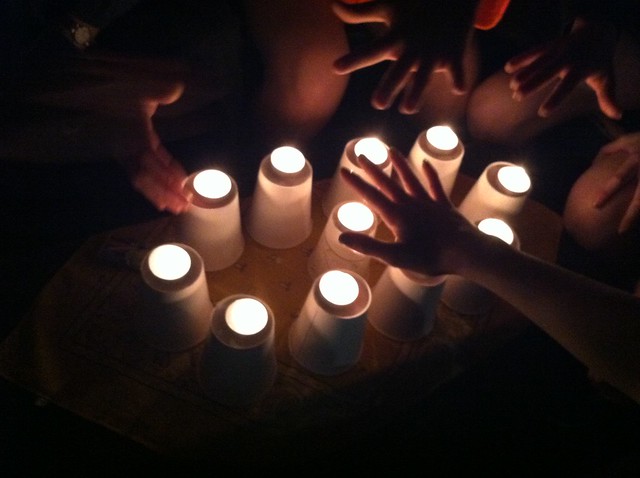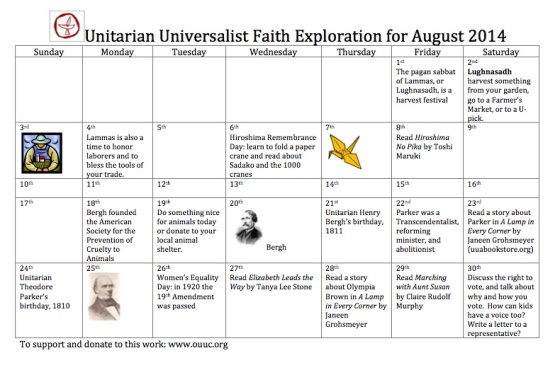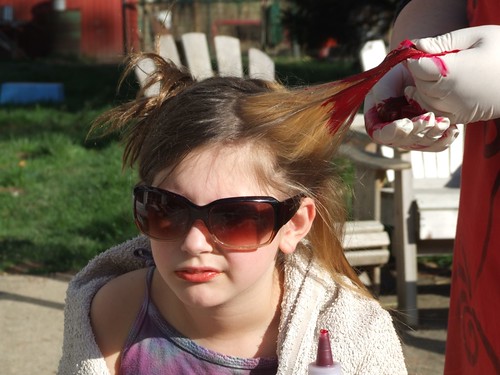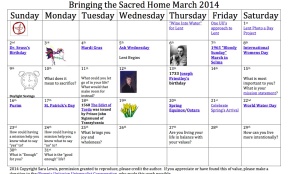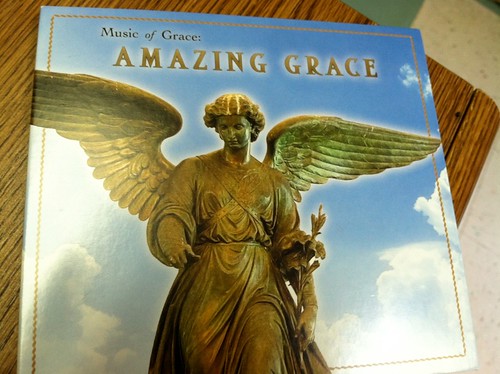The story behind Valentine’s Day tells us of a tyrannical Roman Emperor who didn’t want his soldiers to marry and have families, and of a priest who defied the Emperor and performed weddings anyway. For that, he was killed, and became first a martyr and then a saint – Saint Valentine.
There are many Saint Days and many stories of the saint’s lives, so just why did this particular one catch on and become such a secular holiday phenomenon? While some people despise the holiday, there is no denying Valentine’s Day has traction in our culture.
I think the reason we celebrate is that Love is so central to our human lives, and whether we experience romantic love or not we have still at some point loved and been loved or have felt the longing for more love. Love experienced or Love wished for, but Love is clearly a quality or experience that humans desire. I would go farther and say that we need it, in some form or other. Babies who are not held sicken and even die, and humans kept in solitary confinement find the lack of human contact unbearable. We need connection to others.
A major turning point in my own ability to put more Love out into the world came from reading The Five Love Languages by Gary Chapman. There are now multiple spin-off versions, including The Five Love Languages of Children. What made the book a turning point for me is the message that different people express and experience love in different ways, so differently in fact that you may be “saying” I Love You through actions that make sense to you in your language, and the other will be experiencing a lack of love because it’s not being “heard” in their language.
I suddenly had a lightening realization that expecting the rest of the world to conform to my emotional experience of reality was unrealistic. I know – duh! – but it was an important realization for me. I could not just “do unto others as I would have them do unto me”, because that Golden Rule (as lovely as it is) still presumes that I can use myself as the measuring stick for “normal”. Using what has been called “The Platinum Rule”, Treat Others the Way They Would Like to Be Treated, instead has made a world of difference in my interpersonal relationships and in how I am able to extend unconditional love to others.
The trick, however, is that you need to know what makes you feel loved (and how to ask for that) and you need to know how to ask other people what they want and practice deeper understanding of others.
So in this month that the stores are full of chocolates and cards, why not take a little time to ponder these two questions: “What makes me feel loved?” and “How can I use the platinum rule more in my interactions with others?”.
